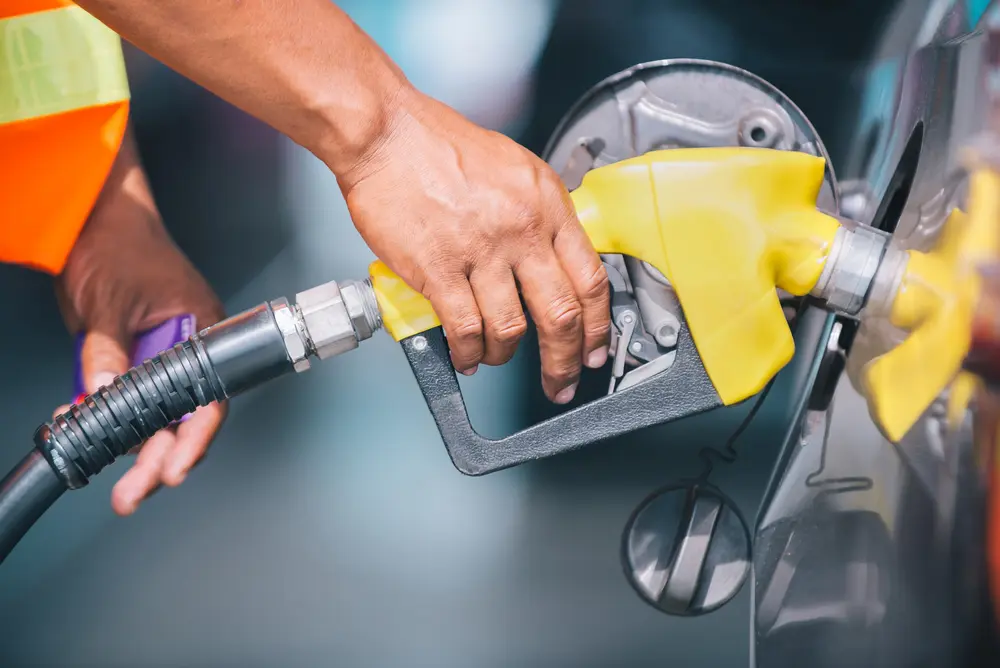

On January 22, 2025, the Hungarian Ministry of National Economy highlighted several factors contributing to the rising prices of motor fuel in the country. Key among these is the threat to crude oil supply stemming from the ongoing Russo-Ukrainian conflict, which has led to the shutdown of the Druzhba pipeline at the start of January 2025. This disruption is compounded by U.S. sanctions targeting a 'shadow fleet' that exports Russian crude oil and the Serbian oil company NIS. As a result, the average petrol price in Hungary has reached HUF 637 per liter, which is HUF 1 higher than in neighboring countries, while the average diesel price stands at HUF 654 per liter, also HUF 1 lower than in neighboring nations. The Hungarian government aims to keep fuel prices below the average of its neighbors despite these challenges. [9d45edf5]
In a related context, on December 15, 2024, the Pakistani government announced that the petrol price would remain unchanged at Rs252.10 per litre for the next fortnight, while high-speed diesel (HSD) saw a decrease of Rs3.5 to Rs255.38 per litre. Light diesel oil prices were reduced by Rs2.78 to Rs148.95, and kerosene oil prices decreased by Rs3.32 to Rs161.66. This decision followed a previous increase in petrol prices by Rs3.72 and HSD by Rs3.29 last month. The adjustments were made as international oil prices rose about 2% on December 13, 2024, with Brent futures reaching $74.49 per barrel. The Pakistani government has also increased the maximum petroleum levy from Rs60 to Rs70 per litre, aiming to collect Rs1.28 trillion in revenue amidst volatile global oil markets. Currently, approximately Rs78 per litre in taxes is imposed on both petrol and HSD. [e8b3a22d]